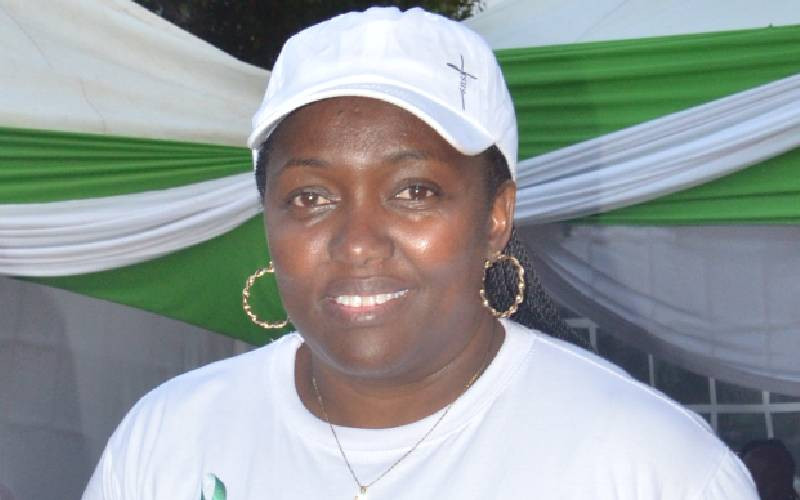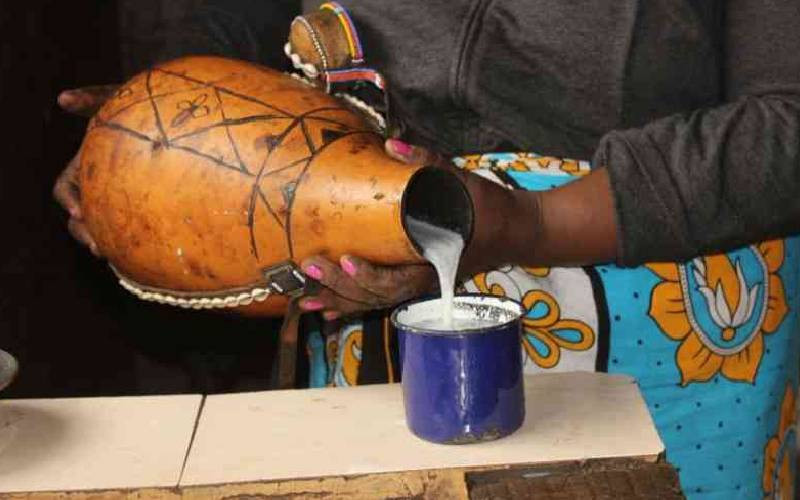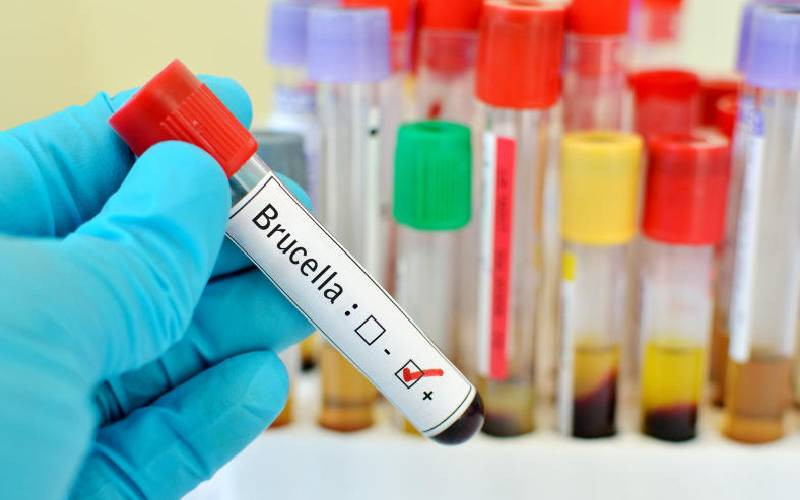
The Ministry of Health has conceded a shortage of vaccines for newborns.
The Director General for Health Patrick Amoth on Wednesday blamed delay in the approval of revenue collection documents, which in turn delayed payments to the United Nations Children Emergency Fund (Unicef).
The UN agency is the primary vaccine supplier of most of children's vaccines, supported by the Global Alliance for Vaccines and Immunisation (Gavi).
"When we placed our orders with Unicef, the submission of resources was delayed. This affected the supply chain pipeline for BCG (Bacillus Calmette-Guerin)," said Dr Amoth.
The National Treasury has since resolved the financial delays, and the first batch of 2,340,000 BCG doses is expected by the end of this month.
Amoth assured the public that those most in need of the vaccine would be prioritised once supplies are distributed.
To mitigate the immediate impact, the ministry has initiated redistribution from low-utilisation to high-demand health facilities and is keeping a record of children who have missed the vaccine.
- Ministry, governors clash over ghost workers in health payroll
- Diabetes, hypertension silent killers in rural areas - medics
- High Court halts health ministry's nicotine ban directive
- Busia, Mombasa, Nakuru lead as Mpox cases hit 137
Keep Reading
"We have instructed county health officials to maintain a list of children who require catch-up immunisations, ensuring they receive the vaccine as soon as supplies arrive," said Amoth.
Cabinet Secretary for Health Deborah Barasa emphasised that steps are being taken to ensure such disruptions do not recur. "We are committed to finding lasting solutions for vaccine procurement and supply to prevent shortages in the future," she said.
The reforms include strengthening partnerships with international organisations like Gavi and Unicef, and fast-tracking the attainment of Kenya's ML3 manufacturing status to boost local production.
 The Standard Group Plc is a multi-media organization with investments in media
platforms spanning newspaper print
operations, television, radio broadcasting, digital and online services. The
Standard Group is recognized as a
leading multi-media house in Kenya with a key influence in matters of national
and international interest.
The Standard Group Plc is a multi-media organization with investments in media
platforms spanning newspaper print
operations, television, radio broadcasting, digital and online services. The
Standard Group is recognized as a
leading multi-media house in Kenya with a key influence in matters of national
and international interest.











